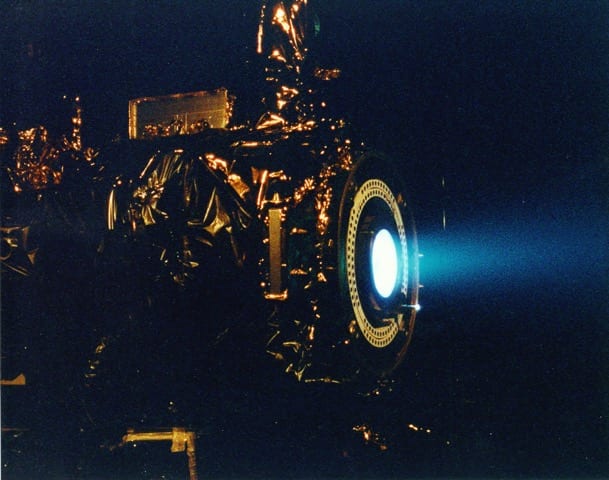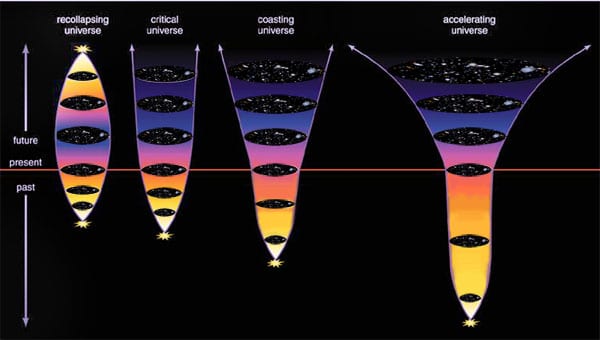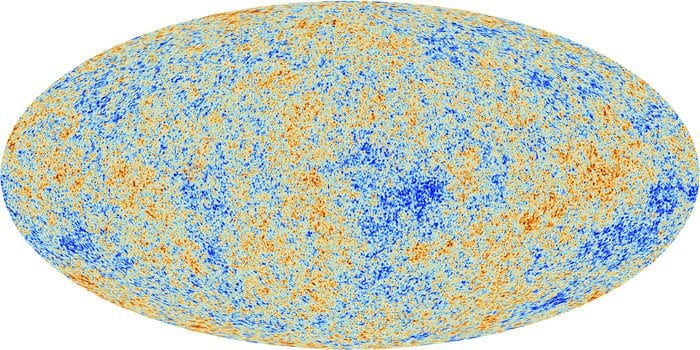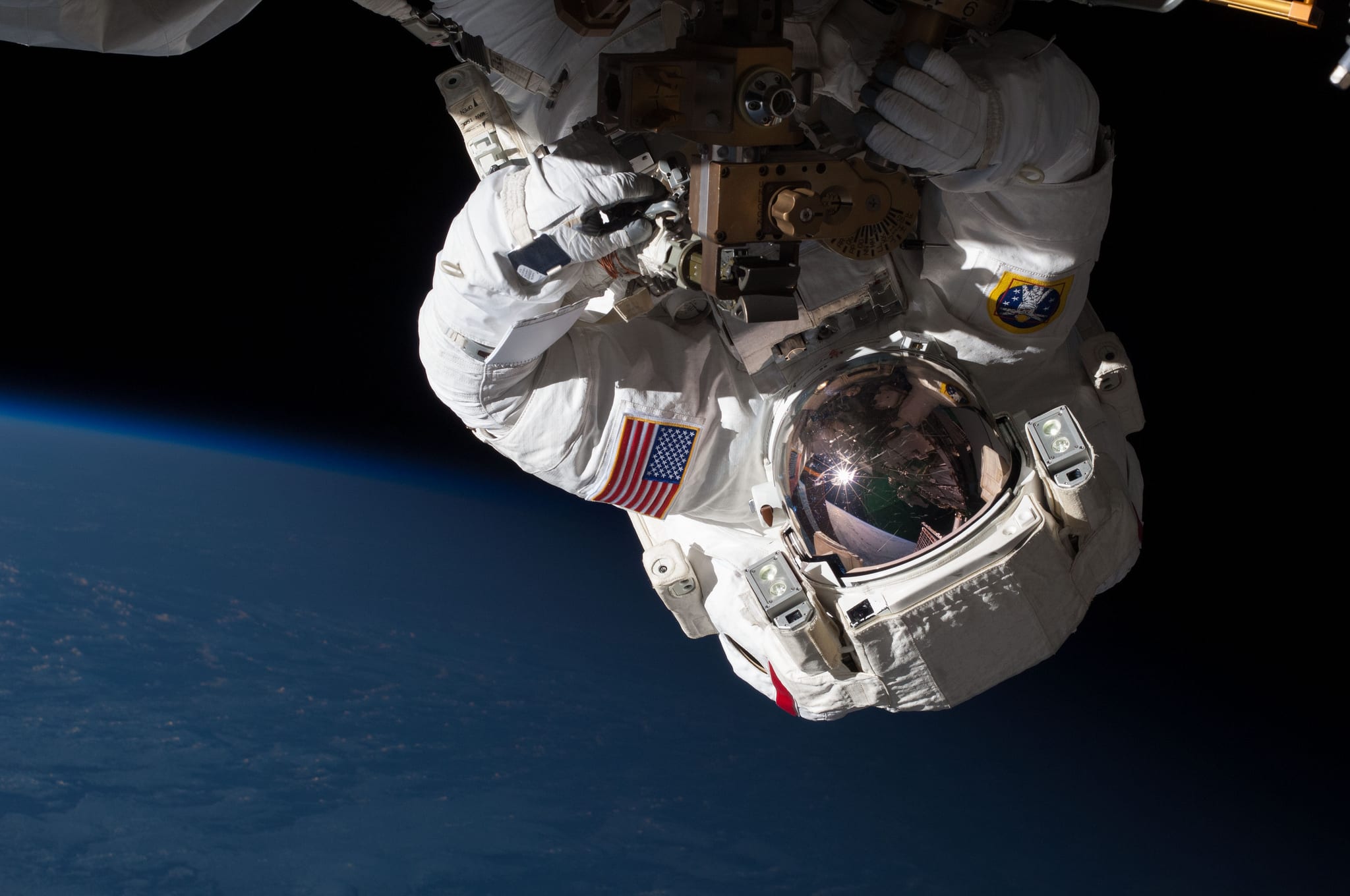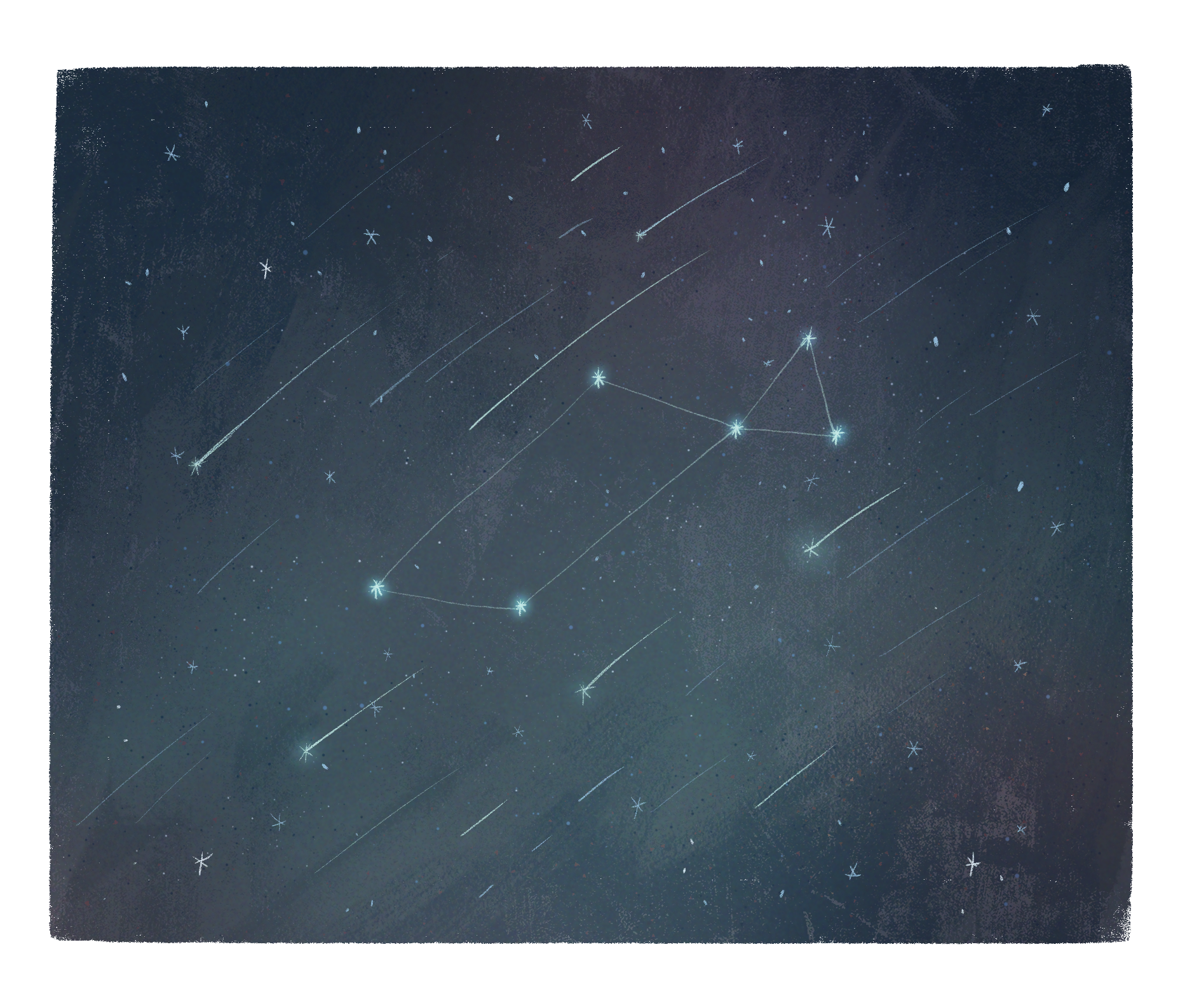
Drifting through cosmic dust into April Lyrid Meteors
People say that April showers bring May flowers, but have you ever considered meteor showers? We are in the midst of the annual Lyrid meteor shower, and it is one of the oldest meteor showers ever observed with sightings dating back to 687 BC. In 2022, the shower is expected to peak on the night



